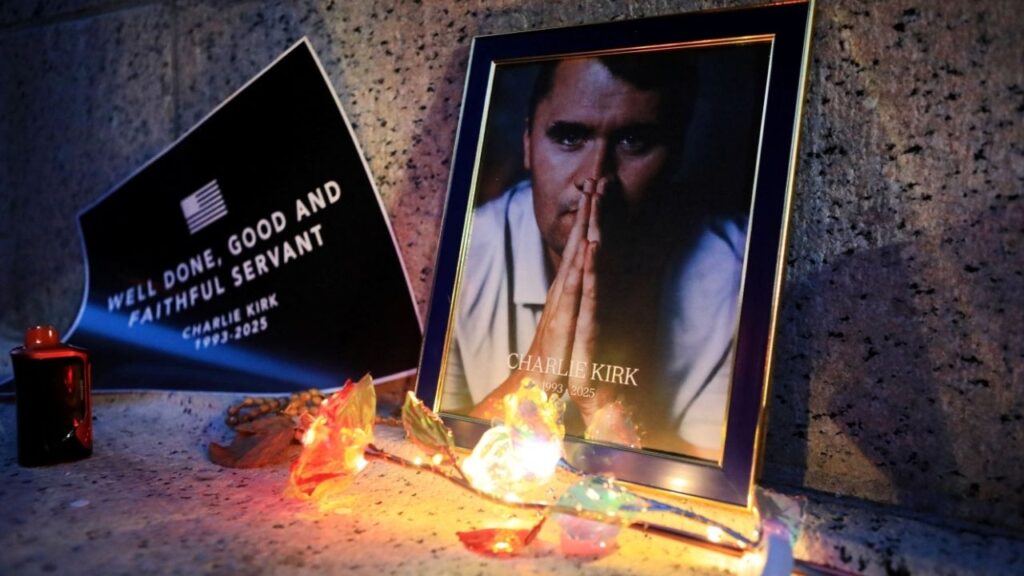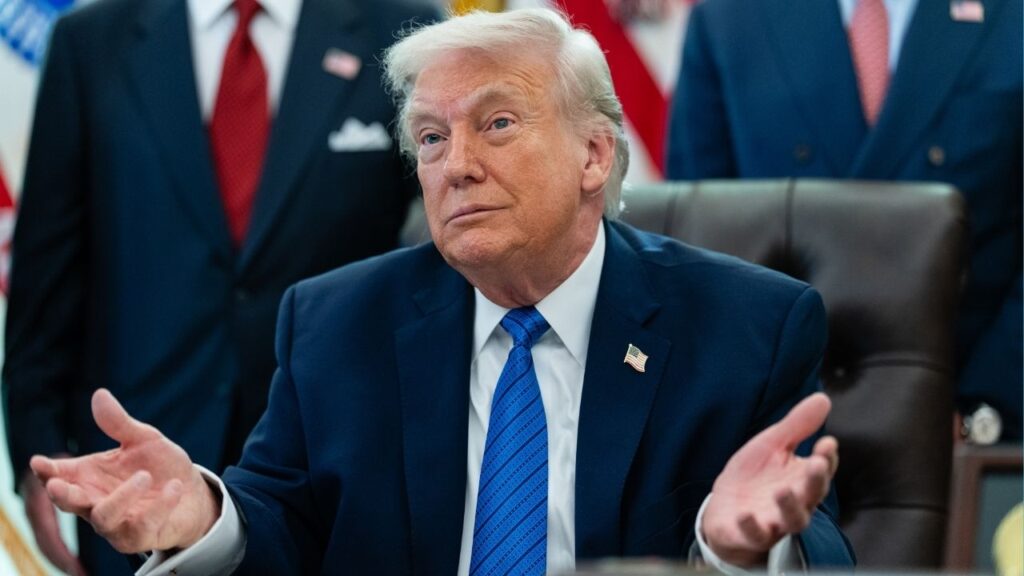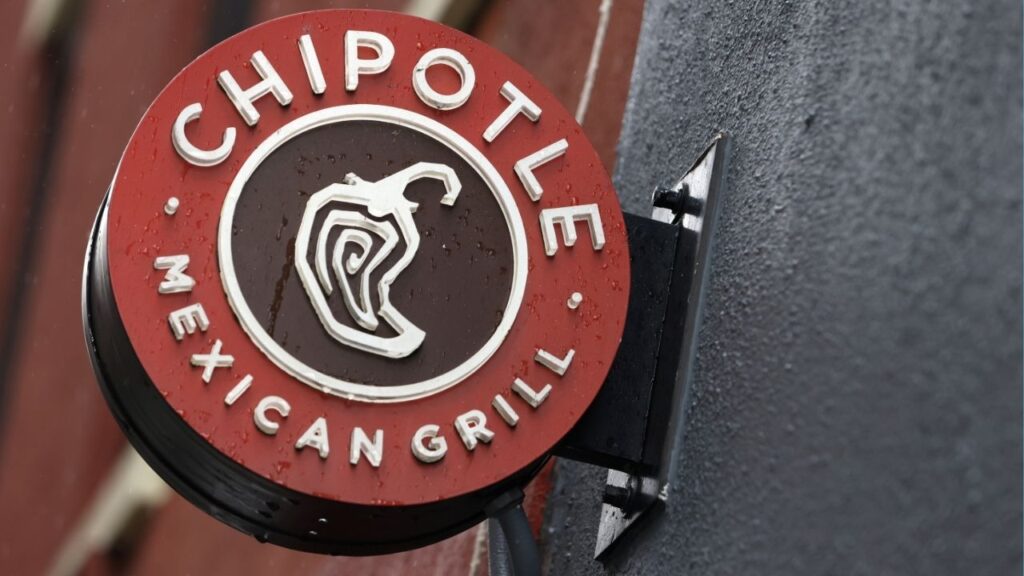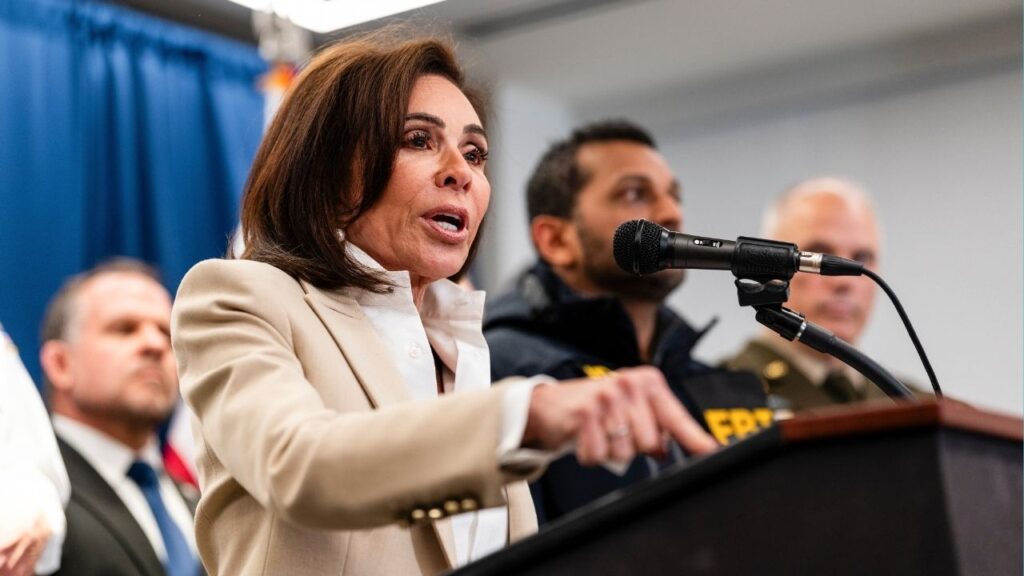Republican presidential candidate former President Donald Trump reacts after speaking at a campaign rally, Saturday, July 20, 2024, in Grand Rapids, Mich. (AP/Evan Vucci)

- Trump’s birtherism, initially targeting Obama’s legitimacy, now questions Kamala Harris’ racial identity, asserting she is not authentically Black.
- Trump’s claim about Harris shifts focus from her well-documented Black and Indian heritage to casting doubt on her authenticity.
- Trump’s use of racial identity politics aims to undermine Harris’ credibility, but she focuses on substantive issues rather than engaging in racial identity disputes.
Share
|
Getting your Trinity Audio player ready...
|

Jamelle Bouie
Opinion
For years, before he won the Republican presidential nomination in 2016, Donald Trump was something like the spiritual leader of the Republican Party’s right-wing base. He earned his place in the hearts and minds of conservative voters by doing what most Republican politicians at the time refused to do: He attacked Barack Obama as a foreign interloper and openly questioned his right to serve as president of the United States.
Related Story: Trump’s Plan for Attacking Tim Walz: Paint Him as a Bernie Sanders Liberal
Birtherism made Trump a celebrity on the right. It made him a force to reckon with in the Republican Party. It made him so popular with Republican voters that, while fighting to win the 2012 race for the Republican presidential nomination, Mitt Romney ventured out to Las Vegas to receive Trump’s blessing and support. “There are some things that you just can’t imagine happening in your life,” Romney said at the event. “This is one of them. Being in Donald Trump’s magnificent hotel and having his endorsement is a delight. I’m so honored and pleased to have his endorsement.”
It may not have looked like it at the time, but birtherism also put Trump in a position to win the Republican presidential nomination for himself just four years later. Birtherism sits at the foundation of Trump’s political career. It is the energy that fueled his ascent to the highest peak of American politics. And as he tries for a third time to scale that peak — and for the first time against a nonwhite opponent — he has returned to birtherism as he makes his case to the public.
Now this form of birtherism, to be fair to Trump, is a little different from the one he used to try to delegitimize Obama. To attack the former president, Trump liked to insinuate that he wasn’t born in the United States. “He’s spent millions of dollars trying to get away from this issue,” Trump said in 2011. “Millions of dollars in legal fees trying to get away from this issue. And I’ll tell you what, I brought it up, just routinely, and all of a sudden a lot of facts are emerging and I’m starting to wonder myself whether or not he was born in this country.”
Related Story: Judge in Trump’s Hush Money Case Delays Date for Ruling on Presidential ...
Trump Denies Harris of Being African American
Against Kamala Harris, the vice president and standard-bearer for the Democratic Party in November, Trump says that while she may be American, she isn’t African American. “I didn’t know she was Black until a number of years ago when she happened to turn Black. Now she wants to be known as Black,” Trump said last week at a gathering of the National Association of Black Journalists. “So I don’t know, is she Indian or is she Black?”
As with the birther attack on Obama, this charge of racial opportunism is as false as it is offensive. Harris, the child of a Jamaican father and an Indian mother, has always identified with both parts of her heritage. While at Howard University, the historically Black college in Washington, D.C., she joined a Black sorority. While a student at what was then called the University of California Hastings College of the Law in San Francisco, she was president of the Black Law Students Association. She was identified, after winning the 2003 race for San Francisco district attorney, as California’s “first African American district attorney.” And she has spoken to both her Black identity and her South Asian identity in subsequent speeches, writings, interviews and campaign materials.
Related Story: Former Trump Adviser Kellyanne Conway Lobbies for Ukrainian Interests
No Real Dispute of Harris’ Background
The point is that there is no real dispute or even question about Harris’ background. As with its original iteration, the goal of this neo-birtherism is to cast doubts about Harris’ integrity. It is to say that she is inauthentic — that she can’t be trusted. “She is everything to everybody, and she pretends to be somebody different depending on which audience she is in front of,” said Sen. JD Vance, the Republican nominee for vice president, who once struggled himself to prove his MAGA bona fides after he spent years as a devoted opponent of Trump’s.
There might be a secondary strategy at work as well, tied to the Trump campaign’s larger effort to win over some Trump-curious Black voters with an appeal to xenophobia. In one breath, Trump pits Black Americans against Hispanic immigrants, warning that the latter are coming to steal “Black jobs” (a strange but still coherent formulation that assumes a racial hierarchy of labor in which Black Americans are necessarily at the bottom). In the next, he says that the Democratic Party is so far out of touch with the interests of Black Americans that it has nominated a supposedly fake Black person in a clumsy attempt to pull the wool over their eyes.
Related Story: Trump’s Plan for Attacking Tim Walz: Paint Him as a Bernie Sanders Liberal
The conceptual problem with this appeal, as Adam Serwer notes for The Atlantic and as my colleague Nikole Hannah-Jones writes in The New York Times Magazine, is that Trump is trying to impose rigid and essentialist notions of racial identity onto a community that, by necessity, has adopted a broad and capacious vision of what it means to belong.
Black American Experience Is Inclusive of Wider African Diaspora
The Black American experience is, and has always been, inclusive of the wider African diaspora. Some of the most storied names in Black American history — Marcus Garvey, Stokely Carmichael, Shirley Chisholm, Harry Belafonte and Sidney Poitier — either hailed from or had direct connections to the West Indies. Black Americans whose ancestry lay in the United States have also, throughout their time in this country, maintained links and connections to other peoples of African descent in the Americas and the world at large, from Frederick Douglass’ brief stint as American ambassador to Haiti to W.E.B. Du Bois’ pioneering work as a central figure in the Pan-African movement.
Whether or not this appeal works, what is clear is that Trump believes it is in his best interest to make race as salient as possible in this campaign. Unmoored by President Joe Biden’s decision to pass the baton to his vice president, Trump has fallen back on the instincts and base impulses that made him a political force to begin with. And to that end, he is playing this nation’s oldest form of identity politics — the weaponization of race and racial animus to reify race hierarchy and obscure an agenda of upward redistribution and the unchecked dominance of capital.
Related Story: Judge in Trump’s Hush Money Case Delays Date for Ruling on Presidential ...
It is a good sign for Democrats, then, that so far Harris refuses to engage her opponent on those terms. She dismissed his performance at the Black journalist association’s conference as “the same old show” and focused her attention on issues of substance. She’s not litigating her identity and, in a campaign centered on themes of freedom and progress, she doesn’t need to.
For as much as Trump defined himself against Obama, he also never ran against Obama. You could even describe Trump’s birtherism as a fantasy of what he would have said to the former president had he been his opponent. If Trump’s attacks on Harris’ identity are part of a strategy, in other words, it’s not one that ever won an election.
–
This article originally appeared in The New York Times.
c.2024 The New York Times Company
RELATED TOPICS:
Categories

Prosecutor in Charlie Kirk Case Denies Conflict of Interest

















